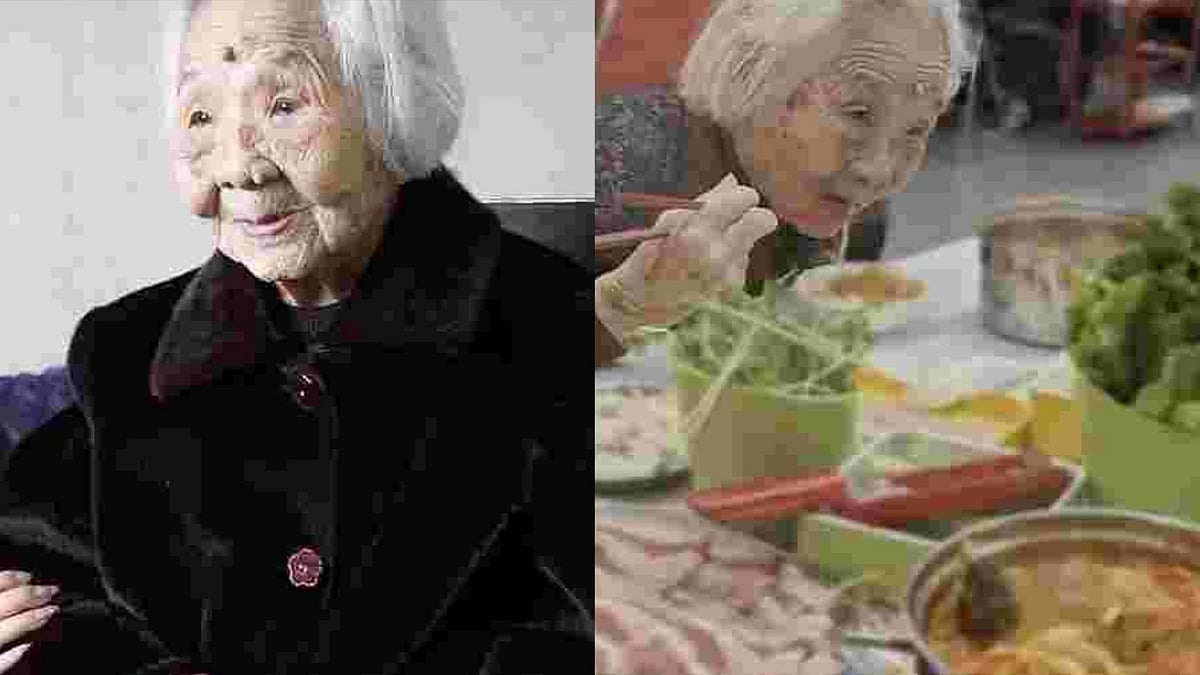Cancer in India has long been synonymous with a grim prognosis. Historically viewed as a deferred death sentence, the narrative is changing. Beyond mere survival, the discourse now encompasses comprehensive care, promising not just more years but better quality of life. Imagine a scenario where a diagnosis once deemed fatal now opens doors to targeted treatments and personalized care plans, marking a significant leap in our battle against cancer.
The Crucial Role of Early Screening and Preventive Care
Early detection and preventive care are at the forefront of transforming cancer treatment. By identifying those at high risk due to genetic or environmental factors, we can intervene sooner, offering options that prevent cancer from developing. The introduction of minimally invasive procedures and immunization programs, such as those for Cervical Cancer, herald a future where cancer can be managed much like chronic diseases, with minimal disruption to life.
Advancements in Treatment
The traditional cancer treatment trifecta—surgery, radiation, and chemotherapy—has evolved. Less invasive surgeries (laparoscopic/robotic), precision radiation therapy (Image guided radiotherapy/Cyberknife), and risk adapted approach to chemotherapy and immunotherapy have significantly reduced the fear and side effects associated with cancer treatment. The evolution in diagnostic modalities, anaesthesia, pathological tools and critical care has further supported the major modalities in its complex management.
Rehabilitation and Quality of Life
Today's cancer care extends beyond treatment to include comprehensive rehabilitation services, focusing on the physical and emotional well-being of patients and their families. Fertility preservation, mental health support, and cosmetic surgeries, physiotherapy illustrate the holistic approach to cancer care, ensuring patients can look forward to life after cancer with optimism.
Addressing Challenges and Looking Forward
Despite these advancements, challenges such as accessibility, affordability, and the need for ongoing research remain. It's crucial to continue pushing the boundaries of what's possible in cancer treatment while making these innovations accessible to all.
A Future Filled with Hope
The journey from viewing cancer as a death sentence to treating it as a manageable condition reflects remarkable progress in medical science and patient care. By focusing on early detection, advanced treatment options, and comprehensive rehabilitation, we're not just extending lives; we're enhancing the quality of life for cancer patients. As we look to the future, it's clear that the fight against cancer is shifting from mere survival to living well, with every new advancement bringing us one step closer to a world where cancer is no longer feared.
Author: Dr. Anjali Pahuja
MBBS, MD (Radiotherapy)Consultant- Department of RadiationRajiv Gandhi Cancer Institute & Research Centre (RGCIRC), Rohini









